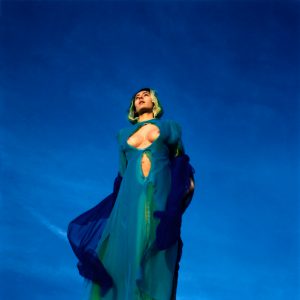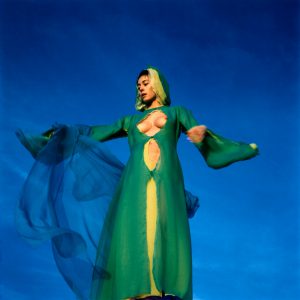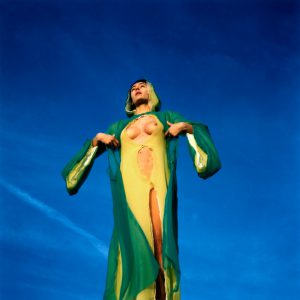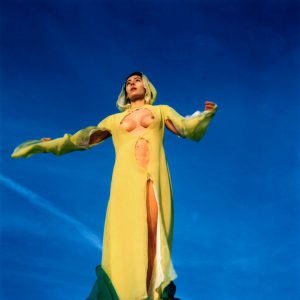The snake has fascinated us since ancient times. It lives on earth, in the center of the generating mother. It has a strange air, like an immortal being, always changing it skin. Without feet, it moves anywhere, often with marvelous speed. This beast travels the realms of life and death with all the ambiguity that characterizes the totem, the god and the symbol. For this reason, consecrated to medicine, it stands on the rod of the preserving god, Aesculapius; that is why in the late ancient and early Christian text Physiologus is described in terms of regeneration, as in Genesis it is associated with sin; that is why Mapi Rivera, without knowing it, goes through its characteristics to configure his own personal elegy for emotional renewal.
The protagonist of the series Piel de paso, this young vestal adorned with multicolored robes, is Rivera's immortal and loving serpent. As the earth does with the sky (we think of Gaia and Cronos), offer her breasts and her belly to the heaven that surrounds her. For the encounter, she gets rid of all the old skins, each one the shade of a different experience. She strips naked of the colors of the Rainbow, as the chosen ones on the Mesopotamian ziggurats used to do, who, naked and predisposed to copulation with the god, had left behind the steps painted in all the colors of the sacred staircase. Going through an iconography of centuries, as he gets naked he gets closer to the sacred ether of angels and divine kings. Well drenched in Platonism, Venus Genetrix La Primavera from Botticelli's Spring), dressed and touched by earthly loves, undresses until she becomes Venus Caelestis(The Birth of Venus, also by Botticelli),an immaculate bride ready for the sublime loves of the sky. Nudity is the most exalted dress, let the fig leaves be fooled - the practitioners of many religions know it; It was imposed by Egyptian and Greek artisans. But she, who now waits solicitously and purely, does not promise anything; Neither does the powerful serpent that lives in caves, intersections between the world of the living and the dead, which is not closer to the concerns of the germinating seed than of the dying tree. She has undressed everything for the new meeting, but be careful: if with the new love she generated dead skin again, she would get rid of it as she has done with so many others.
Because in the end the skins are always places of passage.
 PIELES DE PASO I. Fotografía analógica. 2003
PIELES DE PASO I. Fotografía analógica. 2003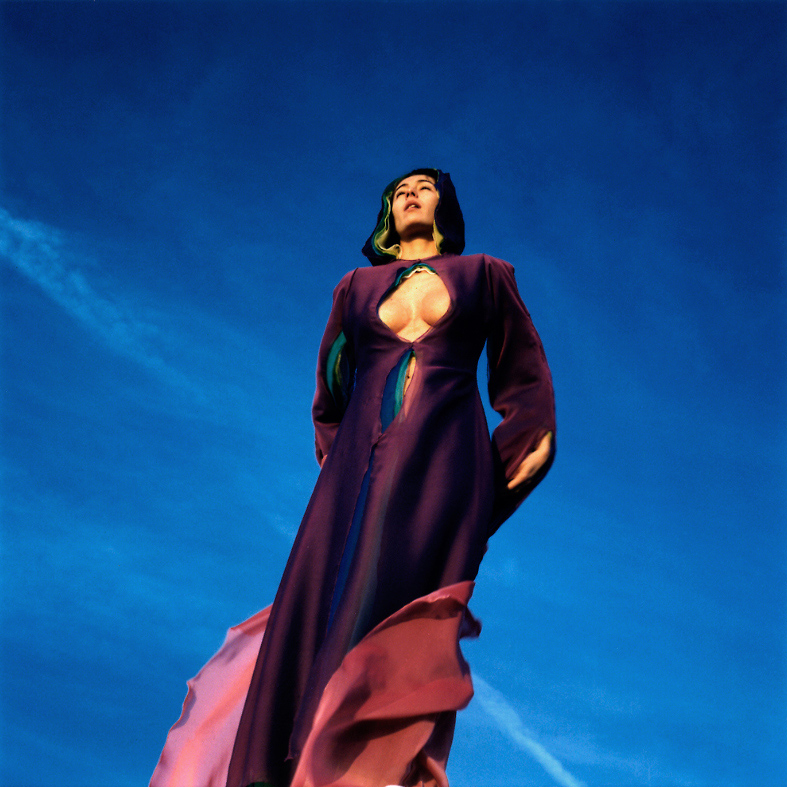 PIELES DE PASO II. Fotografía analógica. 2003
PIELES DE PASO II. Fotografía analógica. 2003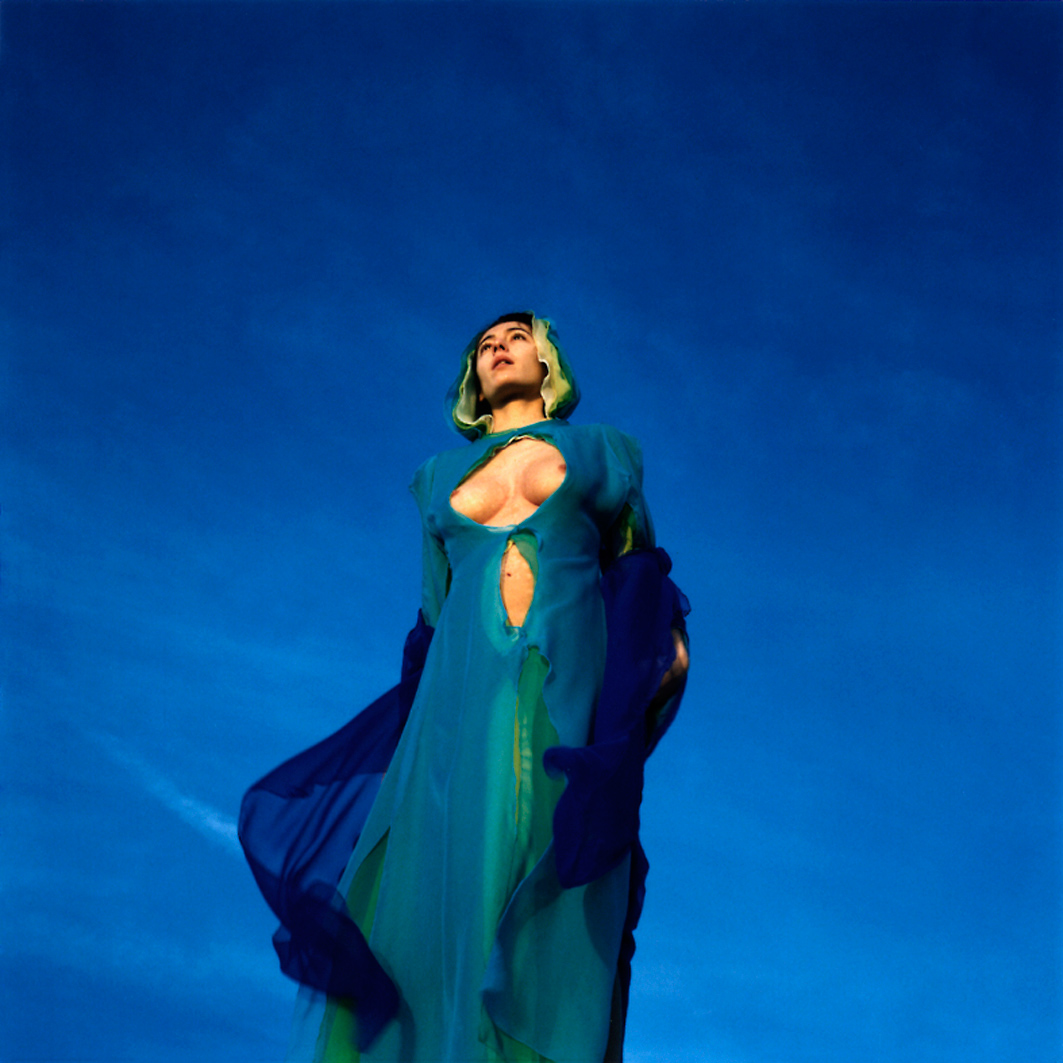 PIELES DE PASO III. Fotografía analógica. 2003
PIELES DE PASO III. Fotografía analógica. 2003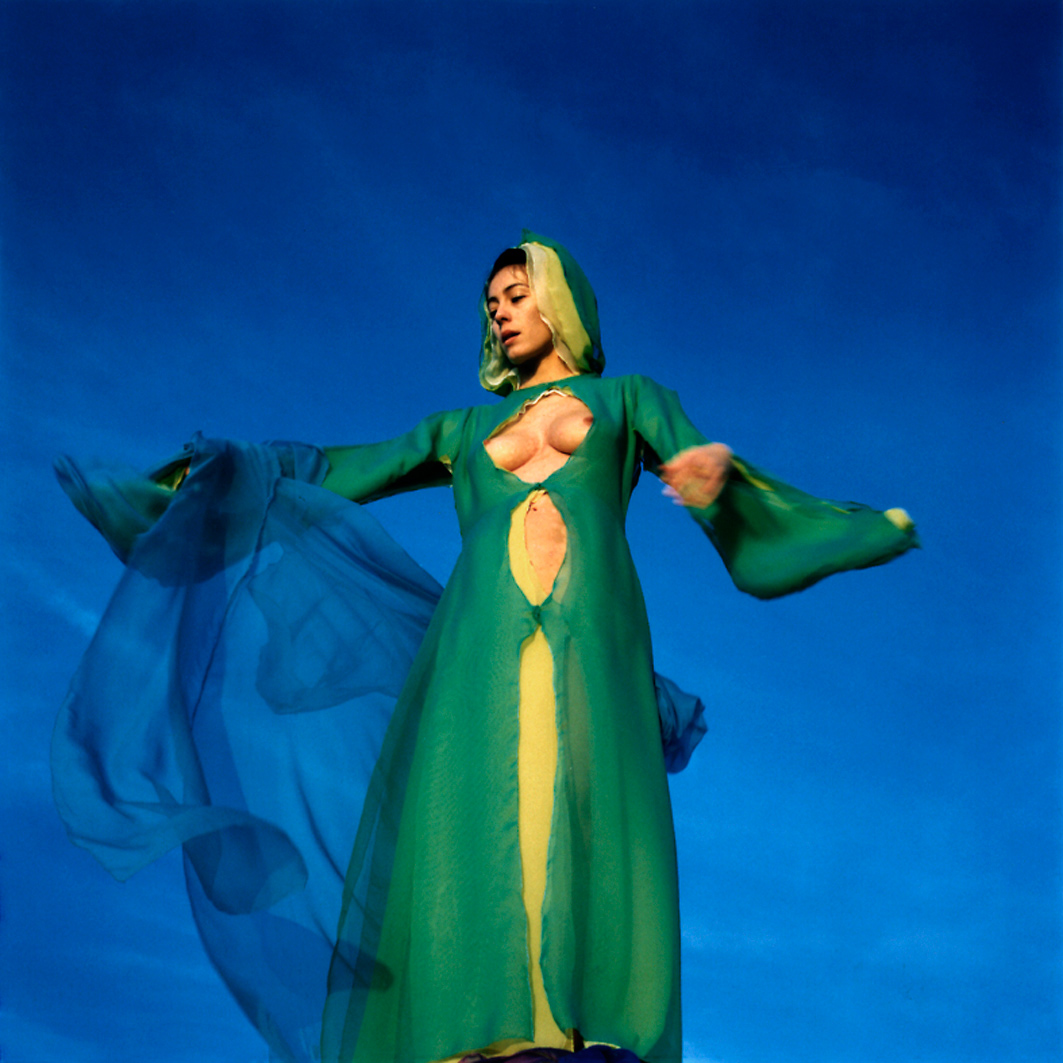 PIELES DE PASO IV. Fotografía analógica. 2003
PIELES DE PASO IV. Fotografía analógica. 2003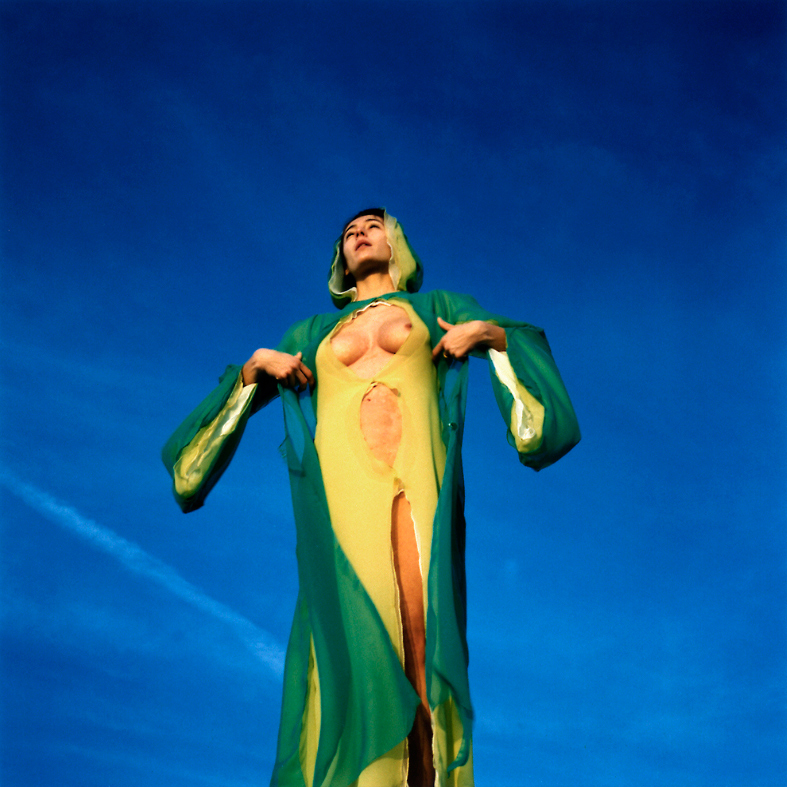 PIELES DE PASO V. Fotografía analógica. 2003
PIELES DE PASO V. Fotografía analógica. 2003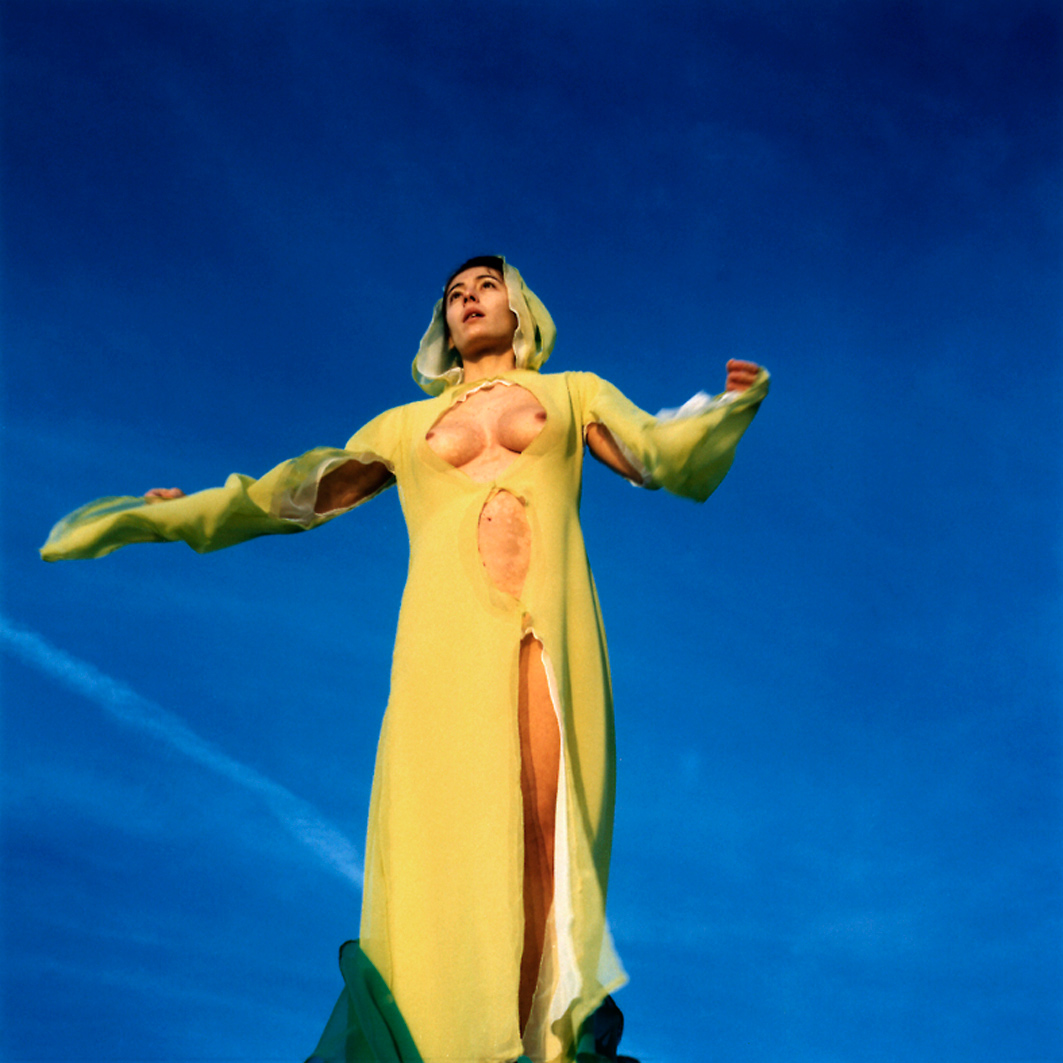 PIELES DE PASO VI. Fotografía analógica. 2003
PIELES DE PASO VI. Fotografía analógica. 2003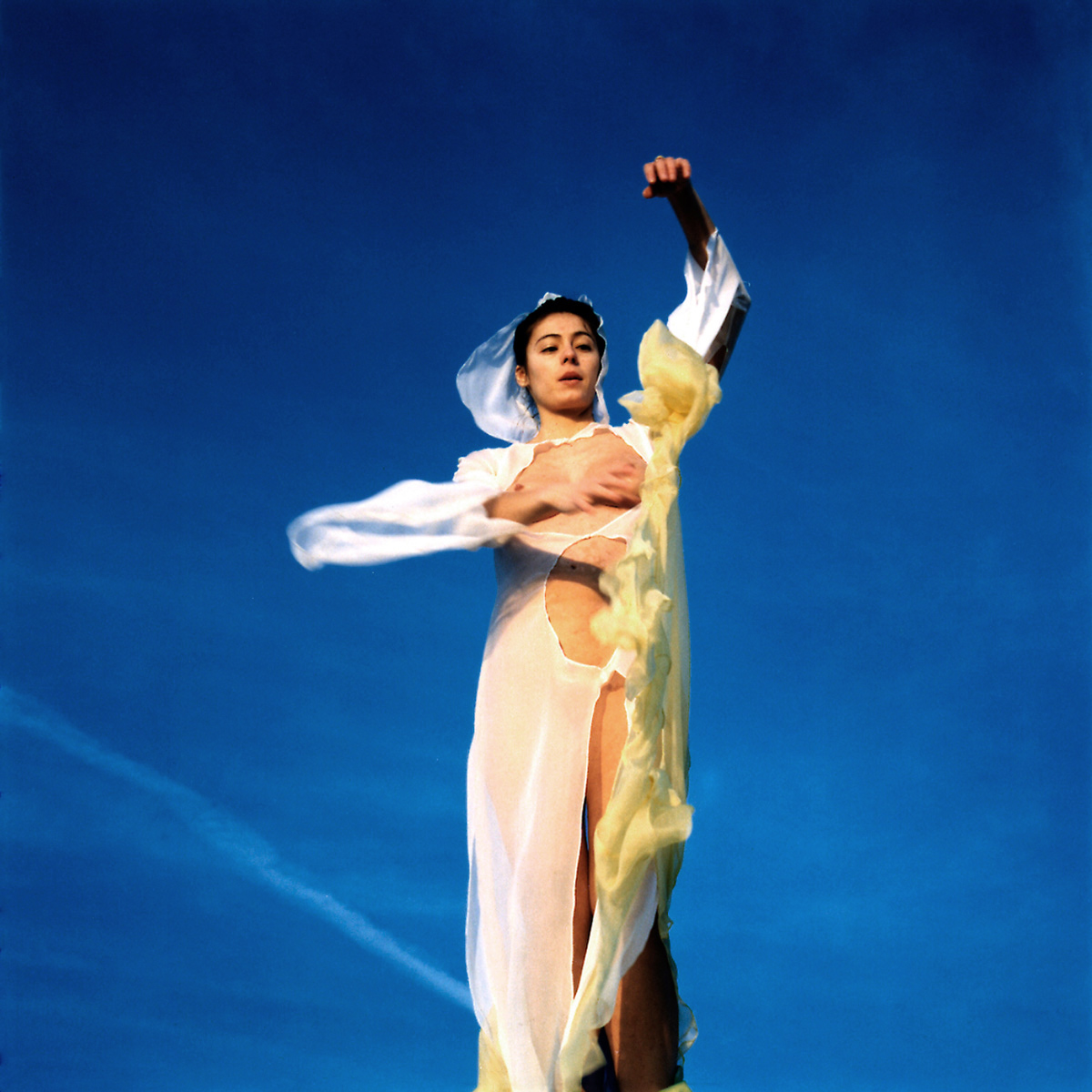 PIELES DE PASO VII. Fotografía analógica. 2003
PIELES DE PASO VII. Fotografía analógica. 2003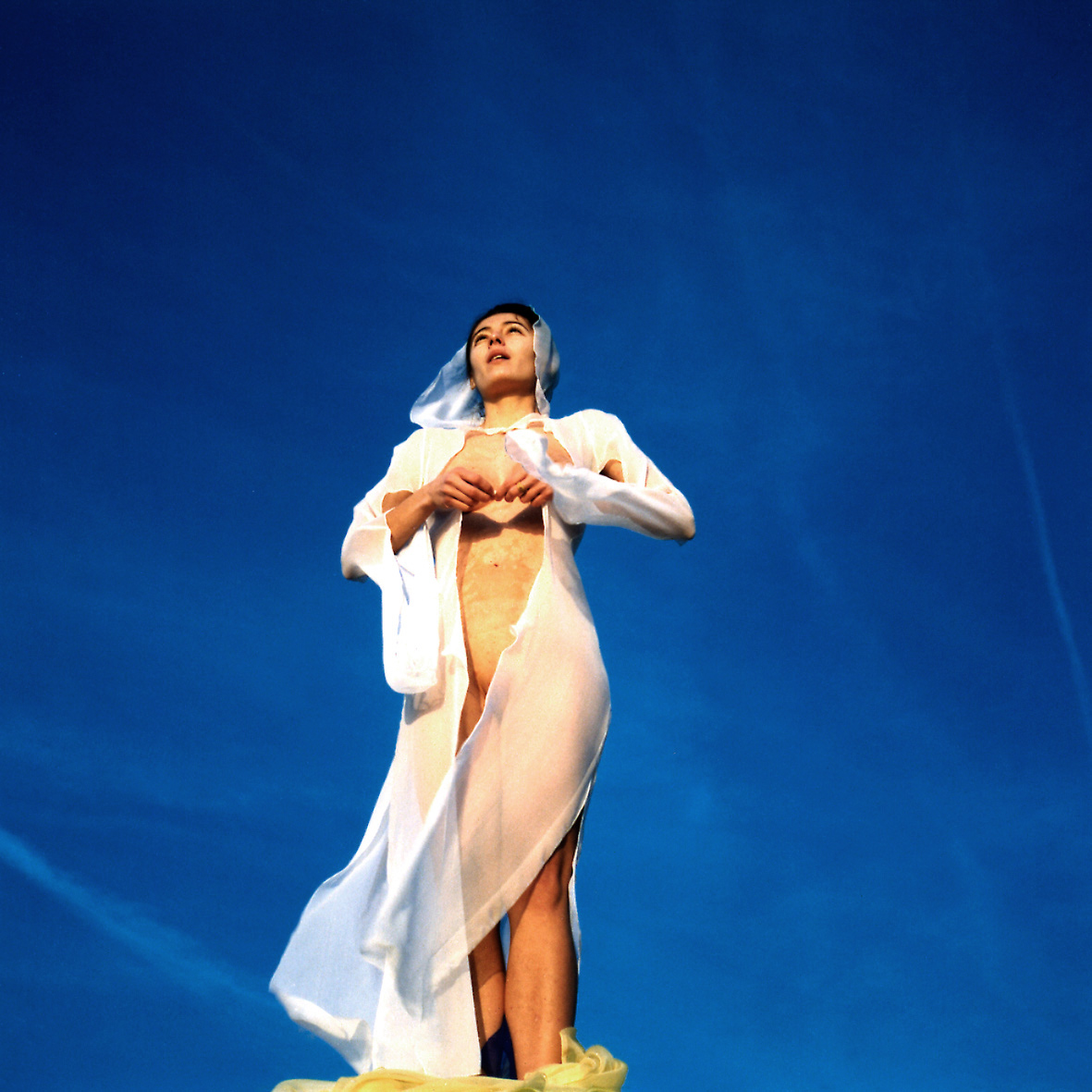 PIELES DE PASO VIII. Fotografía analógica. 2003
PIELES DE PASO VIII. Fotografía analógica. 2003 PIELES DE PASO IX. Fotografía analógica. 2003
PIELES DE PASO IX. Fotografía analógica. 2003

